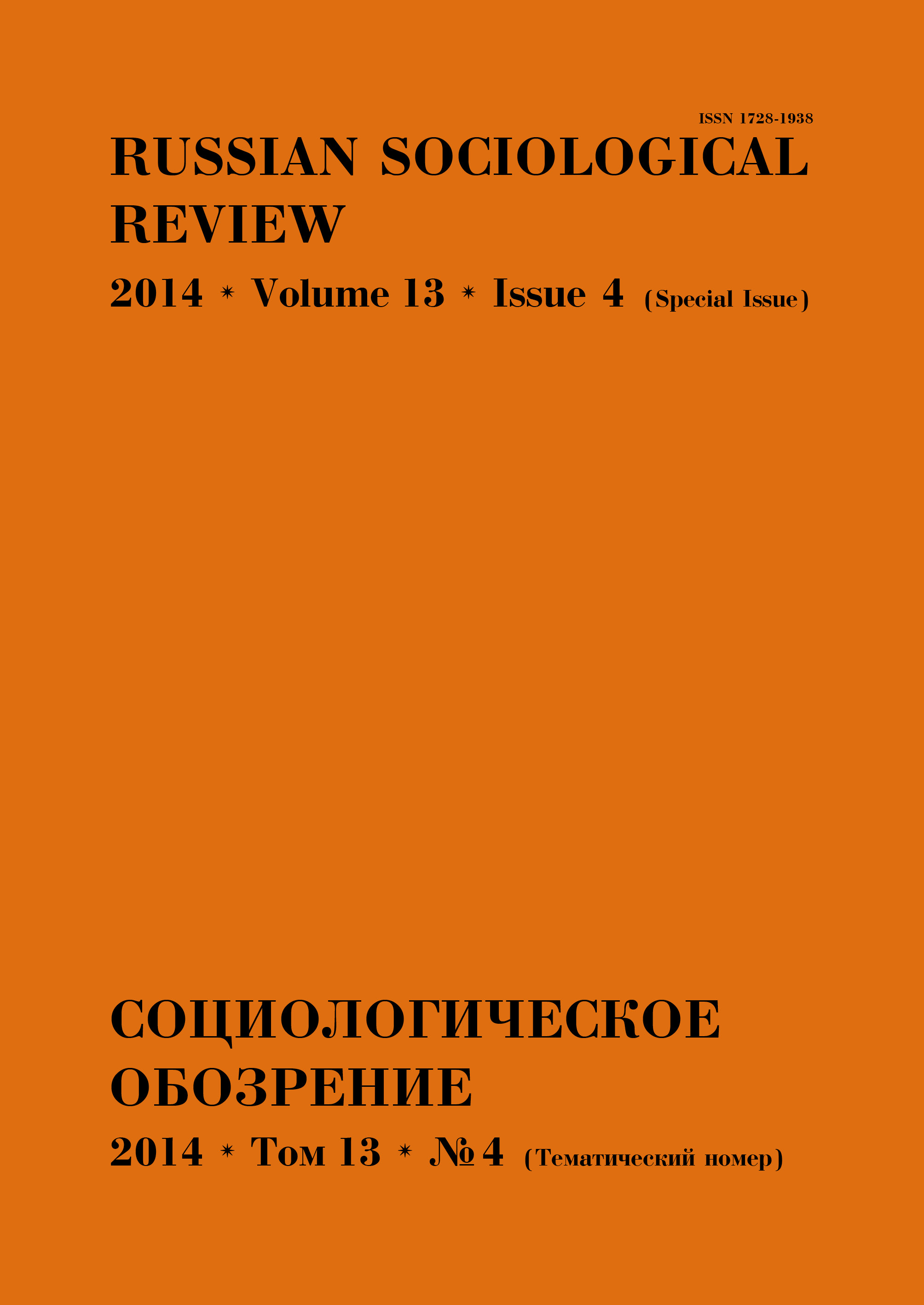Practical Relevance as an Issue for Contemporary Border Studies
Keywords:
practice, postmodernism, border studies, border security, constructivism, critical studies, cross-border cooperation, pragmatism
Abstract
Although border issues are a matter of importance for a large number of people, contemporary Border Studies (dominated by the intertwining of post-modernist, constructivist, and critical approaches) is little preoccupied with finding viable practical solutions, focusing instead on conceptualising the essence of borders and border processes. Meanwhile, previous Border Studies was a practically-oriented discipline focused on helping practitioners delimit borders, and to find an optimal balance between protecting borders against unwanted cross-border flows and fostering desirable cross-border interactions. The article examines the widespread theoretical approaches to studying borders in the light of their practical relevance, and discusses what can be done in order to make Border Studies more capable of generating viable practical solutions. Despite the fact that mainstream Border Studies is currently not much preoccupied with bridging theory with practice, I argue that both contemporary and older approaches have significant practical potential which could be especially helpful in solving delimitation problems, increasing efficiency of cross-border cooperation, better balancing the priorities of strengthening border security and fostering cross-border interaction, cross-border region building, managing cross-border conflicts and mitigating alarmist perceptions of the Other, fighting border-related injustices and human rights violations, etc. In addition, I suggest that drawing new ideas from Management Studies and Communication Studies could be promising ways of making Border Studies more practically relevant.Downloads
Published
2015-01-03
How to Cite
ГолуновС. (2015). Practical Relevance as an Issue for Contemporary Border Studies. Russian Sociological Review, 13(4), 60-79. Retrieved from https://cfjournal.hse.ru/index.php/sociologica/article/view/97
Issue
Section
Papers and essays




